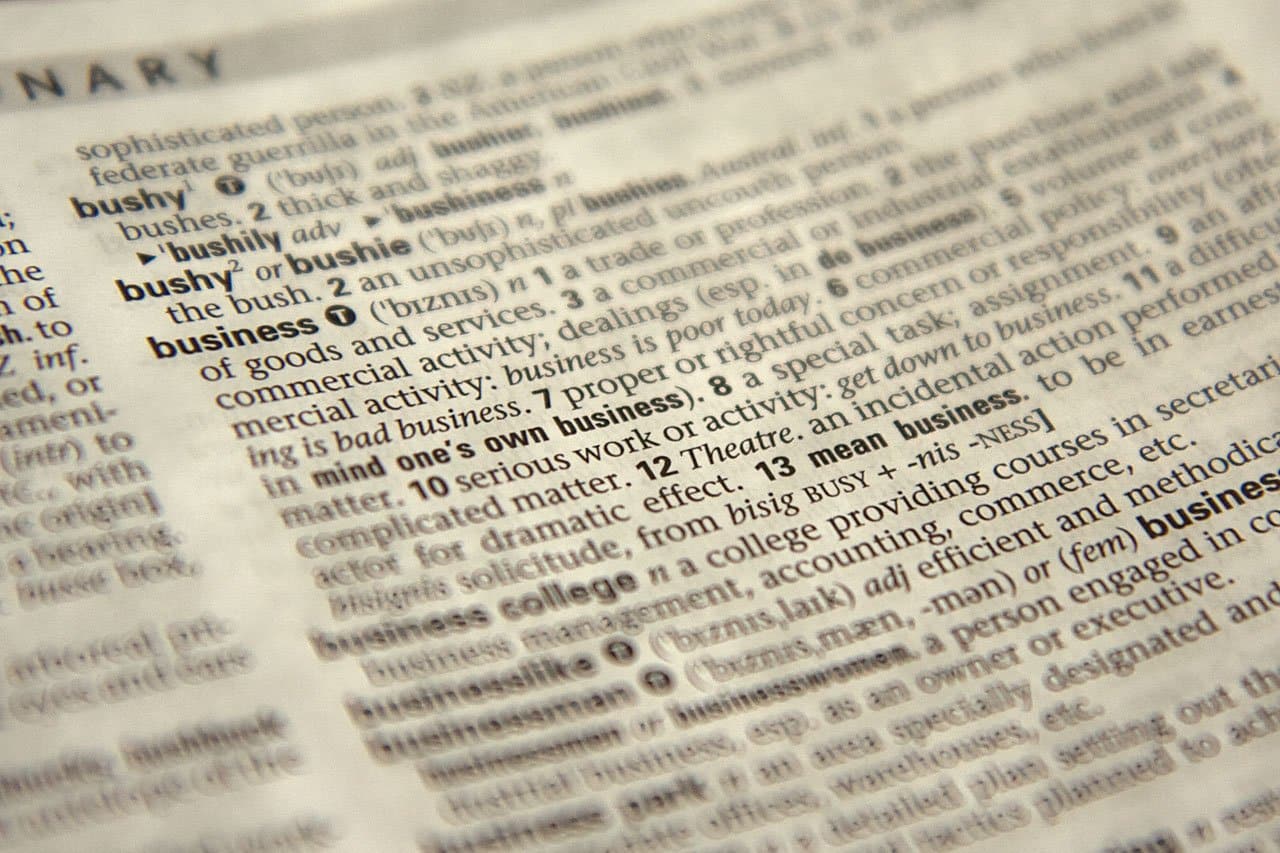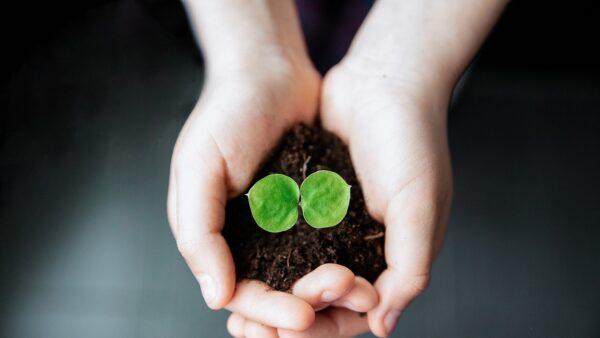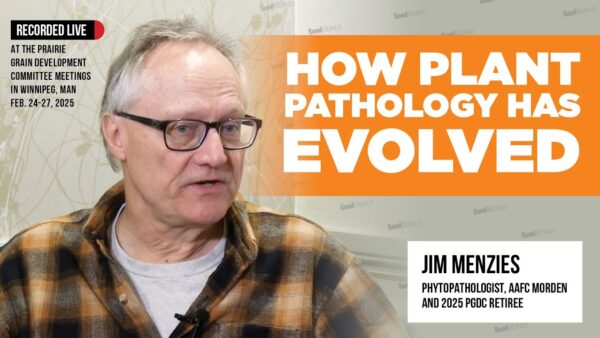What does it mean to be an independent seed company?
You don’t have to look too far in your state to find an independently owned seed company — they’re alive, well and flourishing as growers look to add more variety and choice into their seed selection. But what does it mean to be an independent seed company?
Risa DeMasi, co-founder and director of marketing of Grassland Oregon, and Sonny Beck, CEO of Beck’s, both think they’ve nailed down what it takes to be an independent seed company.
Both veterans in the seed industry, Seed World sat down and asked what it means to their companies to be independent, and what they’ve done to reach success.
What Makes an Independent?
“Independent for me is independently owned,” DeMasi says. “You know exactly where the bucks stops. You know who the owners are, you know their vision and what to expect. There aren’t external factors like stockholders— it really lands in our lap of what we are and what we do.”
Beck agrees.
“I think that independent just means that the person running the company doesn’t have to listen to anyone outside the company to make the decisions,” he says.
If you think about it — in a corporate company, there are many people you need to work through just to get to the final decision maker. There are layers of upper management throughout the company. But independent seed companies can be quicker when it comes to making decisions as there aren’t as many layers of management to sift through.
“How many people are up the chain from you?” Beck asks. “You can be a large company, and maybe you wouldn’t have to climb up many layers to talk to the boss, so we would define independent as having the decisions made without outside sources.”
“One of the benefits of being independent is we can be nimble,” DeMasi says. “We’re responsible for what we do, and we’re very aware of that.”
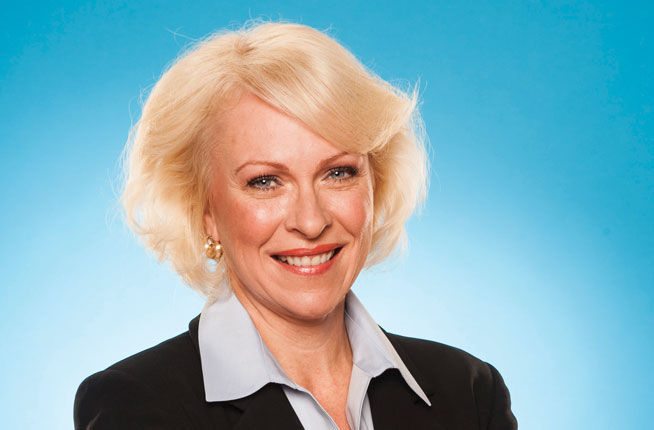
Because of this awareness, DeMasi says it’s important for independent seed companies to be clear about who they are, what they do and what they want to accomplish.
“Because we don’t have those distracting influences, nimbleness is an advantage,” she says. “If things aren’t working, we can quickly change course.”
DeMasi says it’s important to remain focused, and utilize that nimbleness to stay ahead of the game.
Beck agrees that quick decision making is an essential characteristic for independents.
“A key element for independent companies is the ability to make fast decisions,” he says. “You can rely on outside sources for information, but you don’t have to take orders from anyone on the outside.”
DeMasi says that another characteristic independent companies need to find for success is the ability to stay on top of everything new coming into the industry.
“I’ve been in the industry for 33 years, and Grassland Oregon has been in existence for 20 years,” she says. “The one constant is change — the ability to look 10 years ahead while keeping yourself up to speed with the industry overall can be a challenge.”
She says if you don’t stay on top of what’s going on in the industry, it can create blindness to new opportunities.
“Staying on track while discerning new opportunities is vital and invigorating,” DeMasi says. “I’ve seen things go from commodity trading to more efforts in research and improved genetics. It used to be a lot like the stock market — considerable volatility in a price-driven market. Today, we’re providing value, consistent performance, and choices resulting in added profitability for customers and consumers.”
As well as keeping on top of the game, DeMasi says it’s important to provide education on those new tools.
“Education takes time and resources,” she says. “Most everyone knew what the common species were. We’ve not only introduced new varieties of those species, but new concepts and new species. Investing in education for the entire stakeholder chain has been critical for our success.”
Finding Success
Beck says one thing that helped him find success was always ensuring he had what he needed to be successful.
“If you don’t have what you need, whether that’s product-wise, a good marketing ability or agronomic information, you need to find a way to get those things to make your company successful,” he says. “In other words, you may need to be the best at something to put you in a position of having something that someone else needs.”
For example, Beck says that if a company needs products but has wonderful sales expertise, then you need to barter for that sales expertise to obtain the best products you need.
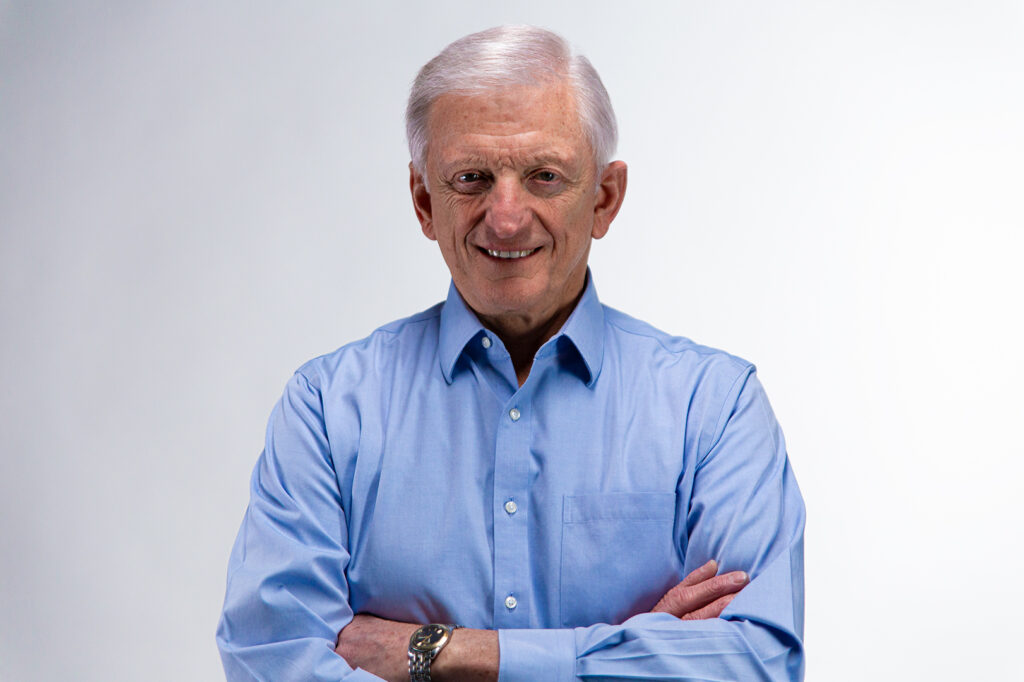
“Figure out what you’re good at and see if anyone else wants it,” Beck says.
DeMasi believes that one of the best things that has helped her find success as an independent seed company is listening.
“Keep your eyes and ears open, and keep an open mind,” she says. “I need to follow my own advice more than I do — remembering the ratio of my eyes, ears and mouth. It’s more valuable listening and learning than it is to talk.”
DeMasi relates this idea to going to a department store and having a salesperson hover over your shoulder the whole time.
“It’s easy to think, ‘I have all this information, and I’m excited to share it,’ but you don’t want to be overwhelming or annoying,” she says. “You can be more effective by listening and asking good questions than you can by unloading information.”
When it comes to competing, Beck and DeMasi don’t see a need to worry.
“No matter what industry you’re in, there’s always room at the top for the best,” Beck says. “Don’t worry about whether or not you can compete, just work at being the best. If you do that, there’s always going to be room.”
“If we’re doing our job right, then we’re providing value to our customers,” DeMasi says. “So maybe we’re more collaborators on the same path. Obviously, we have competition, but we don’t want to focus too much on what they’re doing. That can put us in a following position. We’d rather be leaders than followers.”


